Personal Finance
Advertiser Disclosure
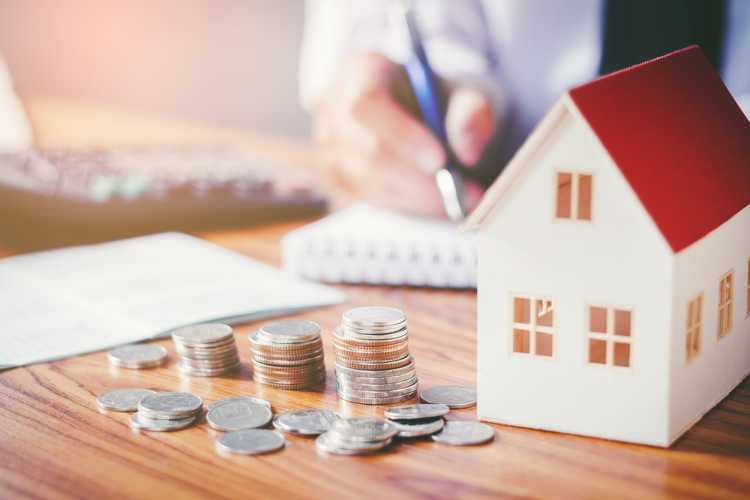
Is It Possible to Pay Your Mortgage With a Credit Card?
You might be able to pay your mortgage with a credit card, but it may not be easy or affordable. Find out when it makes sense.

Should You Pay Off Your Mortgage or Invest?
Debating whether you should put extra cash towards mortgage payments or investing it? It’s a tricky decision, but both are worthy goals.
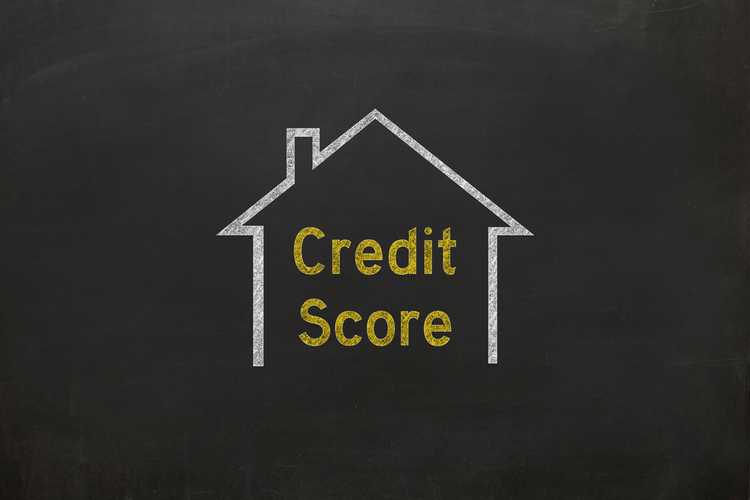
Which Credit Score Do Mortgage Lenders Use?
Looking to take out a mortgage? It’s important to find out what credit scores mortgage lenders use so you can put your best financial foot forward.

Best Online Mortgage Lenders for 2024
Many of the best mortgage lenders offer an entirely online application and origination process. Here’s how to get an online mortgage and which lenders to consider.
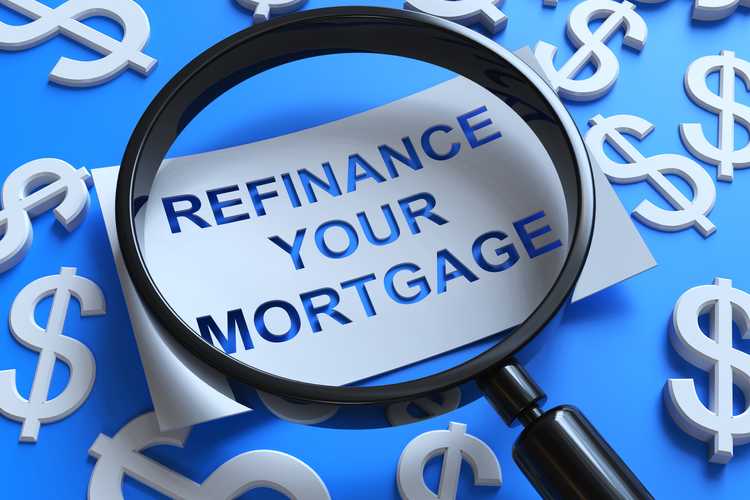
Best Cash-Out Refinance Mortgages 2024
A cash-out refinance replaces your existing mortgage with a new one while providing a lump sum of cash from your home’s equity.

How Much Money Do You Need to Buy a House?
There’s more to think about than just a mortgage payment, including a down payment, closing costs, prepaids, moving expenses, and ongoing homeownership. Here’s what to know.
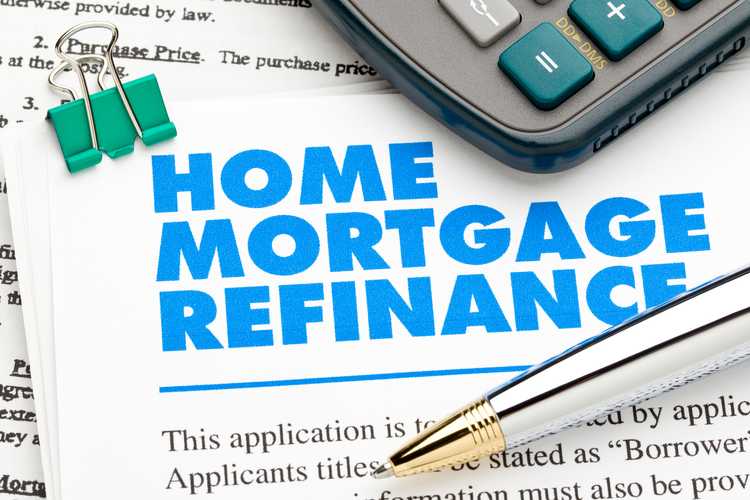
When to Refinance a Mortgage: Find the Best Time Today
Refinancing a mortgage can help you reach your financial goals, but make sure you weigh the pros and cons.

How Long Does It Take to Buy a House?
The average time to close on a house is about six weeks, but your financial situation and the local real estate market can affect your timeline. Here’s what to know.
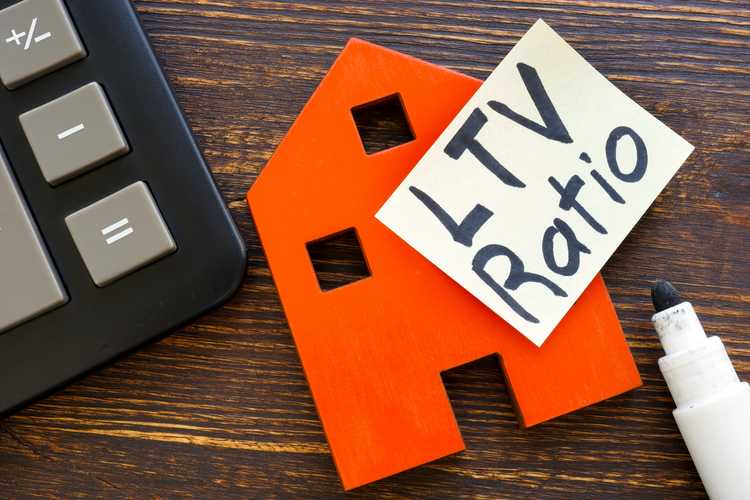
What Is a Loan-to-Value Ratio and How Does It Work?
Your loan-to-value (LTV) ratio can play a big part in getting a mortgage. Our guide will help you understand the LTV you need when applying for different mortgages
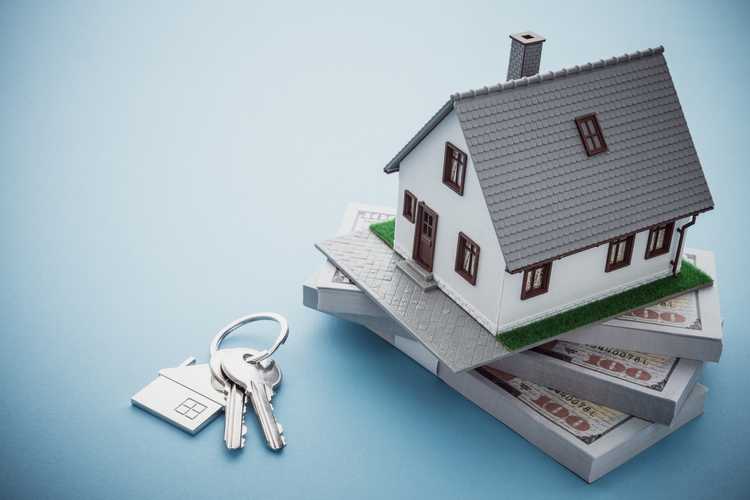
How Soon Can You Refinance a Mortgage?
How long do you have to wait before you can refinance your mortgage? This guide will walk you through everything you need to know.

4 Different Ways to Buy a House With No Money Down
Saving a down payment can feel like a roadblock to homeownership. If you don't have a down payment—or don't want to wait until you do—you can buy a house with no money down. Here's how.

What Is a Lien and How Does It Work?
Explore how liens work, different types, and implications for property owners. Learn how to remove a lien and sell or refinance properties affected by liens.
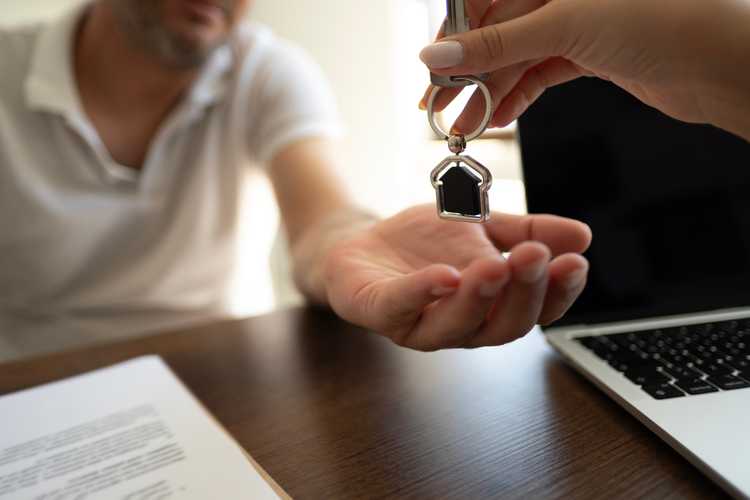
Best Mortgage Lenders for First-time Buyers for October 2024
When purchasing your first home, it's imperative to find the lender who can deliver the best mortgage for your financial situation.
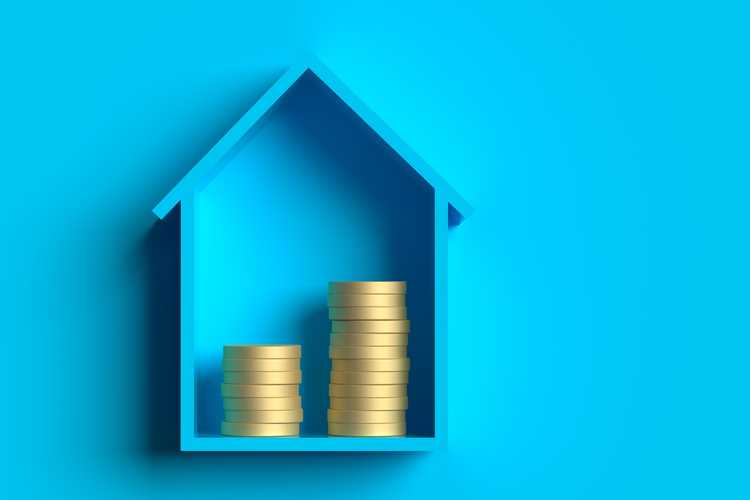
7 Best Reverse Mortgage Companies for October 2024
A reverse mortgage allows you to tap into your home equity in retirement, but there are caveats. Here are the best reverse mortgage companies and what they offer.

Best Mortgage Refinance Rates for October 2024
Our comprehensive guide will show you what to do to get the best mortgage refinance rate right now.
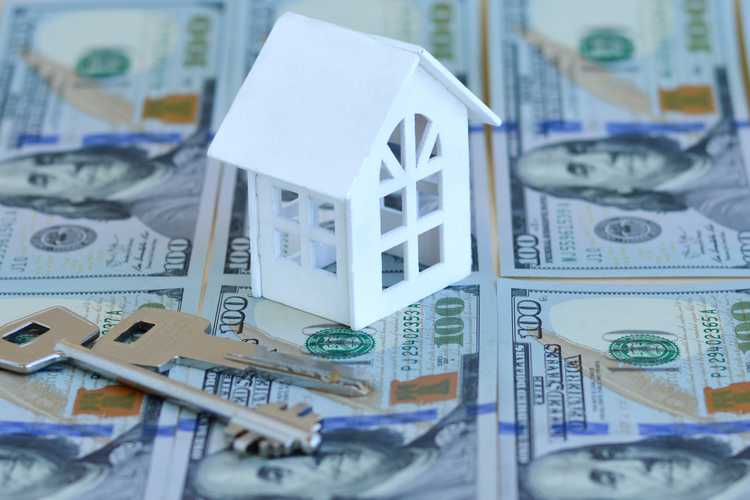
Cash to Close: Definition, Calculation & How to Prepare Early
Do you know what you need to pay when you close on a home? Read on to learn exactly what cash to close is and to estimate how much you’ll need when buying a house.
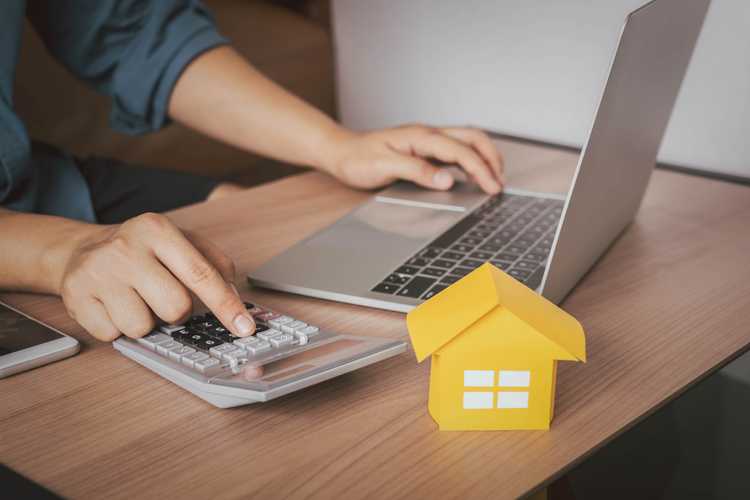
A Complete Guide to Refinancing Your Mortgage
Are you considering refinancing your mortgage? We cover everything you need to know in our comprehensive guide.
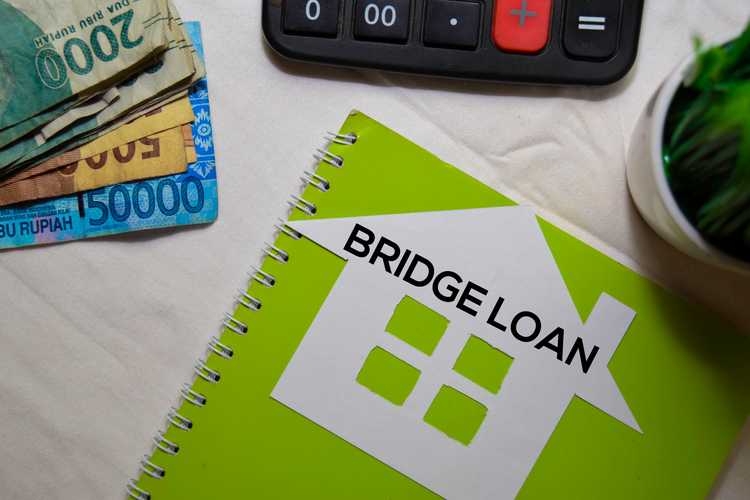
What Is a Bridge Loan? A Complete Guide to Bridge Financing
Are you considering a bridge loan? We’ll walk you through how they work, the things you need to consider, and whether or not you might qualify.
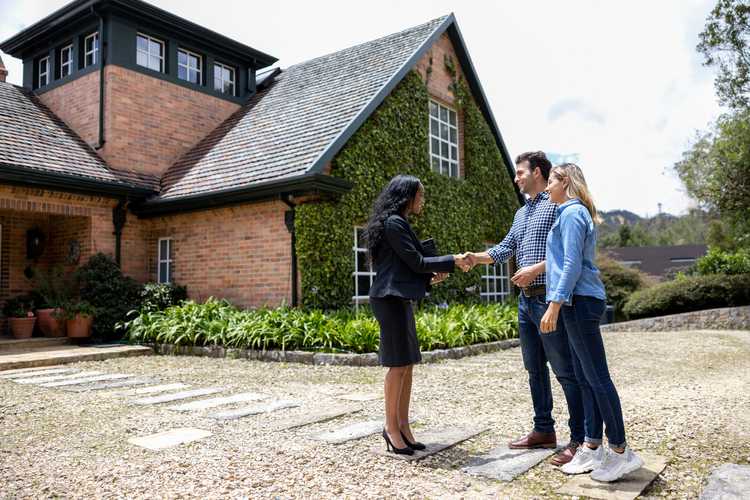
A Complete Guide to Getting a Mortgage
Are you looking to buy a home and need help navigating the world of mortgages? This guide covers everything from types of loans to tips for getting approved.

What Is a Reverse Mortgage and Is One Right for You?
A reverse mortgage could help you cover your monthly expenses if you have limited retirement funds, but it has pros and cons. Learn more.
1.3494.1+2.7.12
